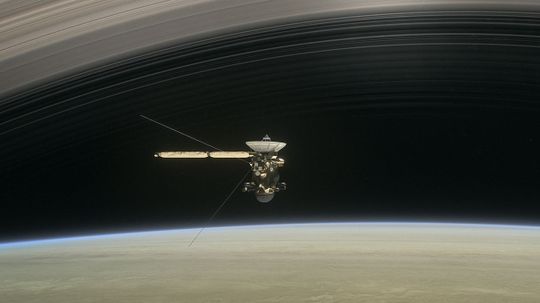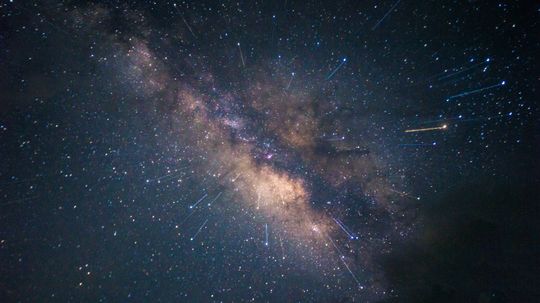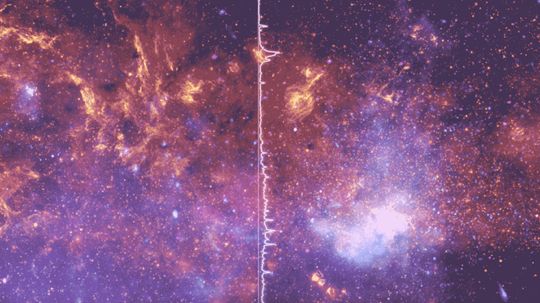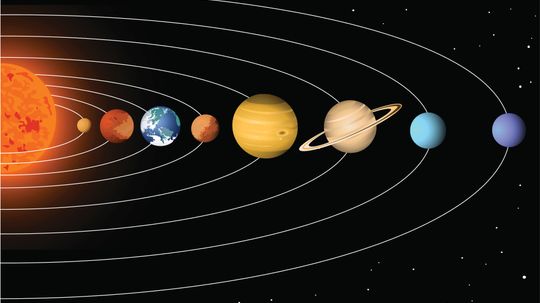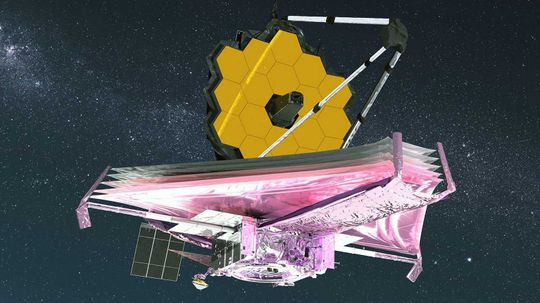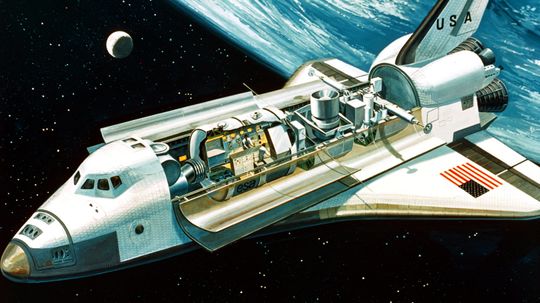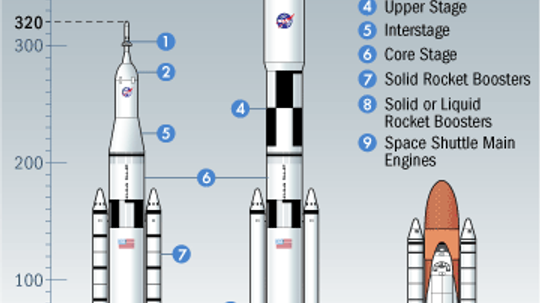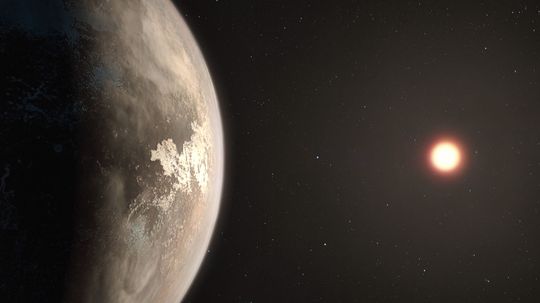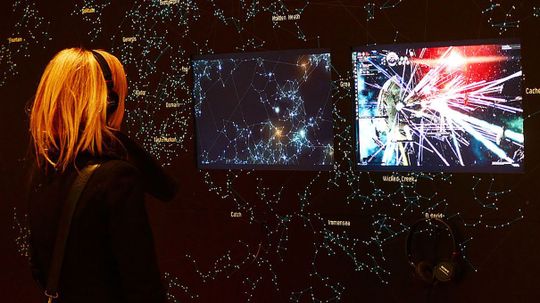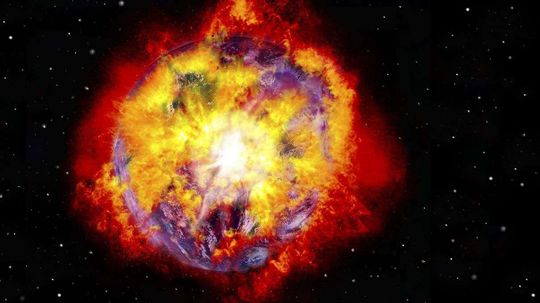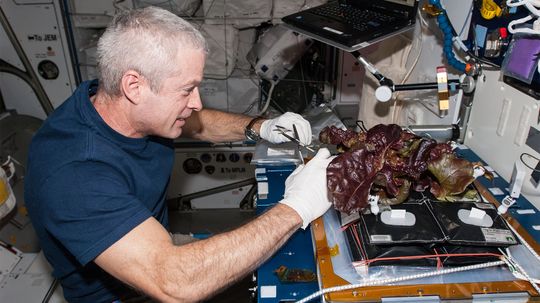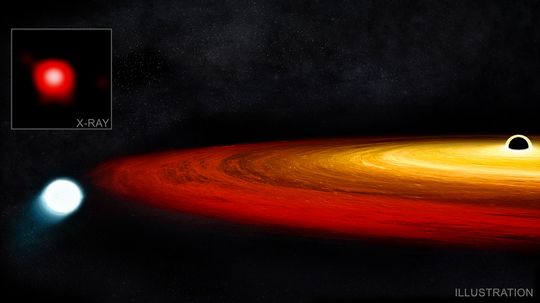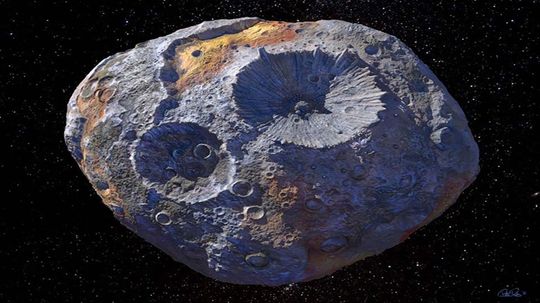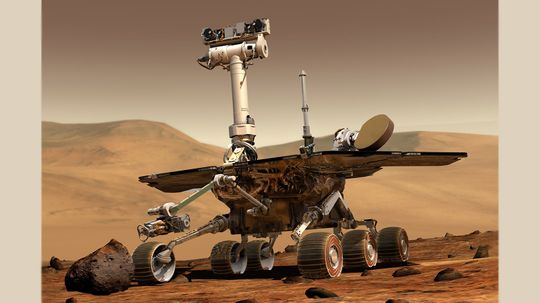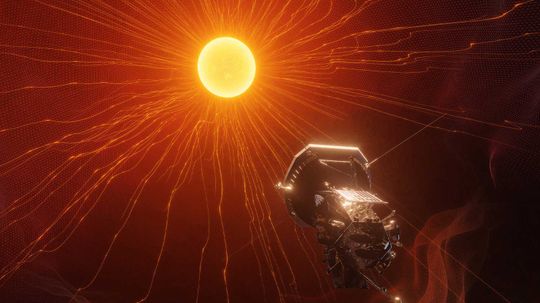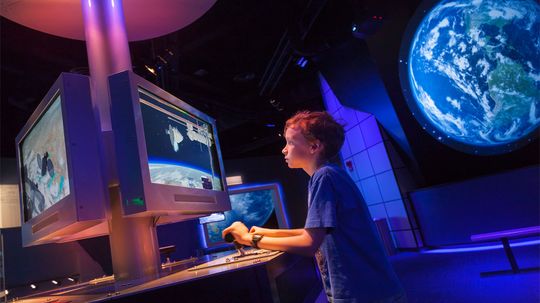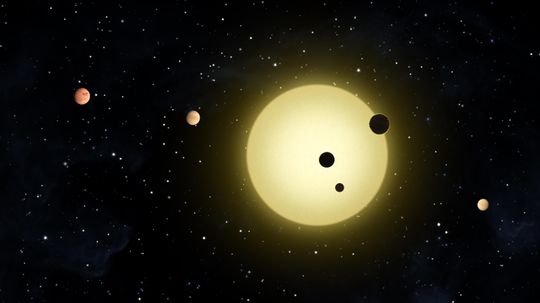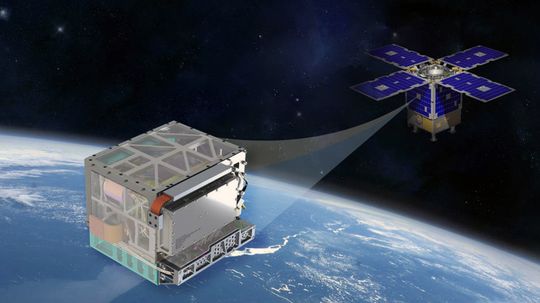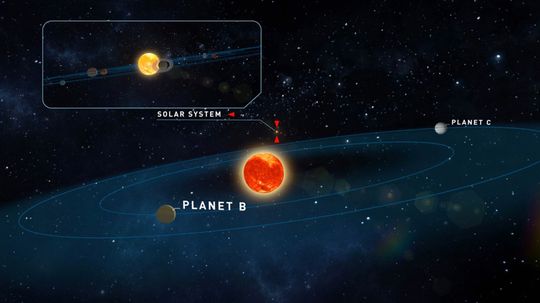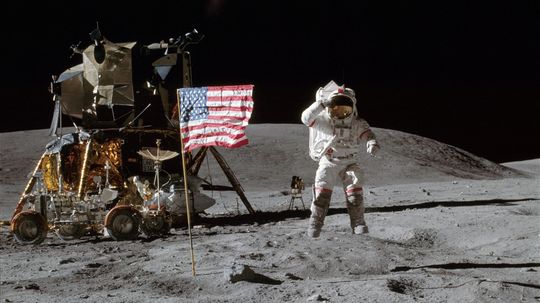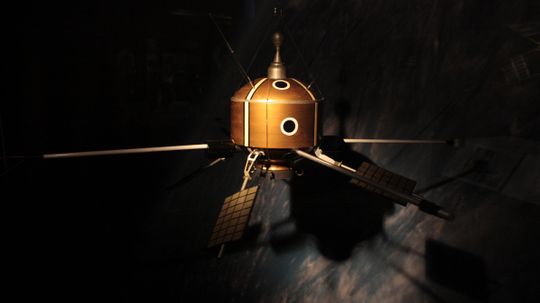Space Exploration
Space exploration is a broad topic covering many facets of deep-space and planetary science. Learn about space probes, Mars Rovers, SETI and other out-of-this-world subjects.
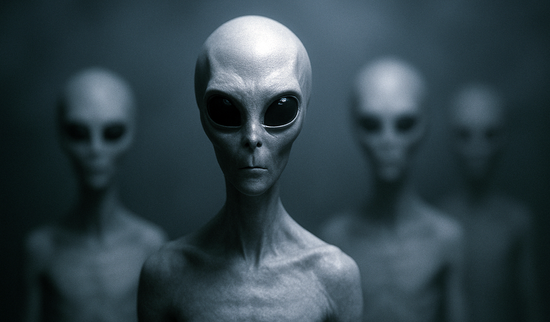
Tall Whites: The Classic Extraterrestrial Archetype
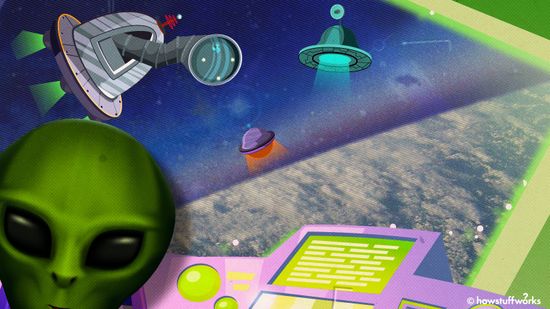
The Zoo Hypothesis: Are Aliens Watching Us Like Animals in a Zoo?
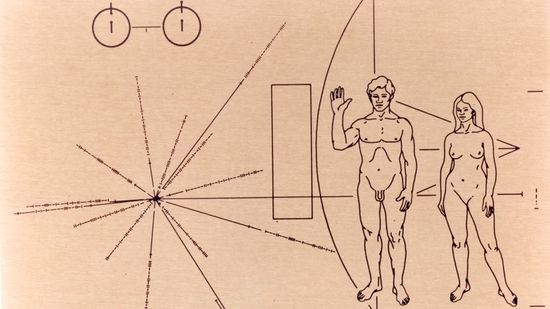
Communicating With Aliens Is Hard. Communicating With Alien AI Could Be Harder
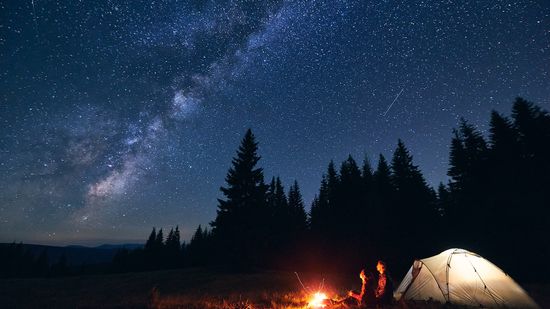
10 Types of Stars Blazing and Collapsing in Our Universe
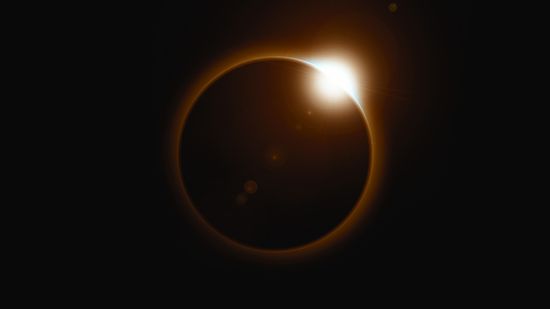
7 Types of Eclipses: Lunar, Solar and ... Hybrid?

Why a Geomagnetic Storm Makes for Pretty Skies and Tech Scares
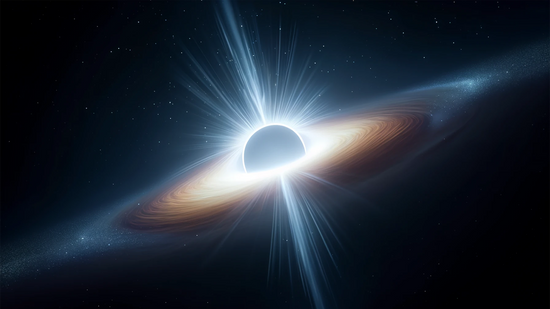
What Is a White Hole? Does the Cosmic Phenomenon Exist?
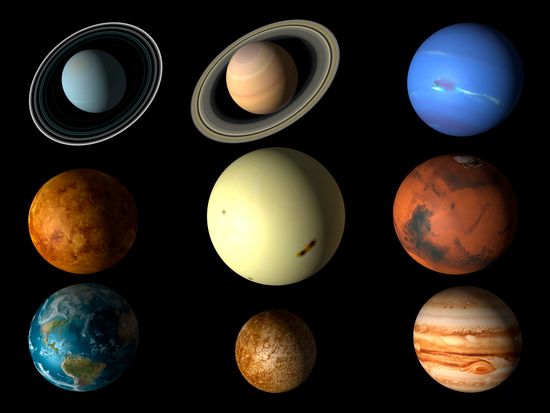
10 Best Ideas for Interplanetary Communication
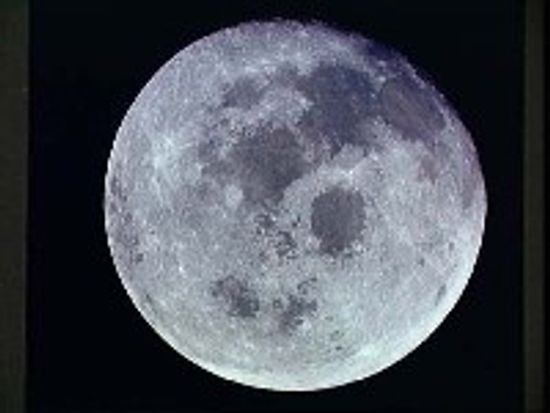
How can the moon generate electricity?
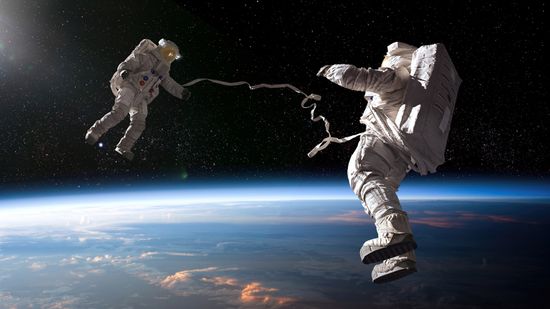
Is an Astronaut Stuck in Space a Rare Occurrence?

What Really Happened to Yuri Gagarin, the First Man in Space?
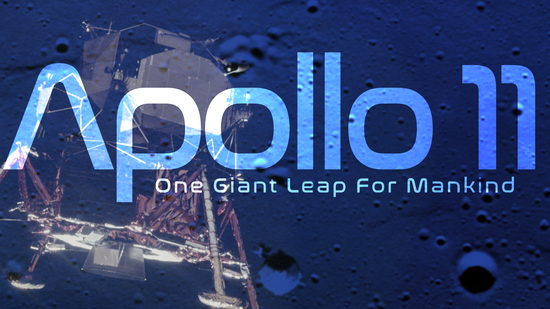
Apollo 11 One Giant Leap For Mankind
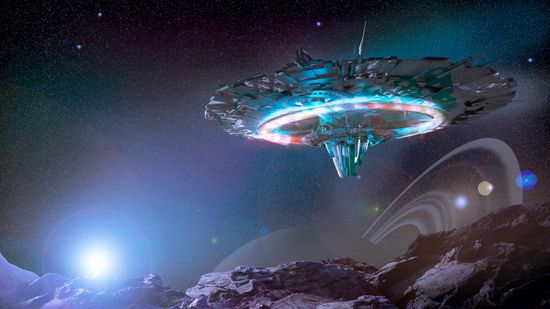
The Fastest Fictional Spaceships

10 Fictional Spacecraft We Wish Were Real
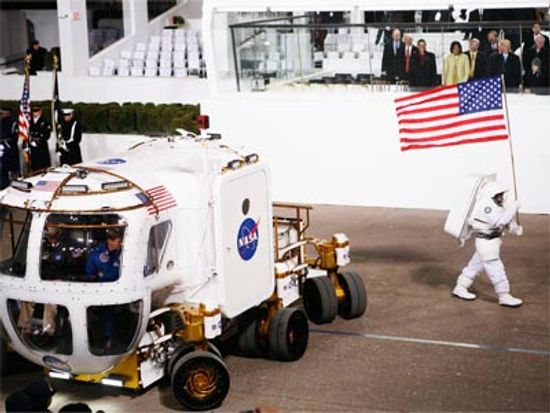
How Lunar Rovers Work
Learn More / Page 2
The Chinese space station Tiangong, now with its first crew of astronauts, is scheduled for completion in 2022. What does that mean for the future of the aging International Space Station and multinational space cooperation?
The groundbreaking Saturn mission has come to an end, protecting Saturn's moon in its final plunge.
From time to time, we all gaze up at the stars and wonder about outer space. It can be an incredibly mind-blowing, beautiful, fascinating, exciting and even scary place to think about, as it is so incomprehensibly vast and unexplored and it contains so many secrets. We seemingly discover new things about outer space each [...] The post 8 Mind-Bending Facts About Outer Space appeared first on Goliath.
By Jonny Hughes
Advertisement
Sonification is the process of taking data and turning it into sound. When it come to the universe we live in, scientists are finding that the sounds are definitely otherwordly and very beautiful.
We don't know the answer to how many civilizations might exist in the universe. But we do know the factors that allow life on Earth. Are there other planets that fit the bill? Oh yes indeed.
NASA's James Webb Space Telescope will look back in time to see the earliest stars in creation, and serve as the premier deep space observatory for the next decade. Ready to meet the mighty Webb?
Sure, the shuttles may be sitting around in museums now, but our journey to space is far from over. Get ready to meet some serious contenders in the new space race.
Advertisement
Have you met the driving force behind the U.S. space program for the foreseeable future? Take a second to get acquainted with the proposed blasting behemoth.
And it's just a galactic hop, skip and a jump away.
After the Soviet Union launched Sputnik I in 1957, the space race was on. And what followed was decades of secrecy that dominated its space program.
European scientists are inviting gamers to become citizen scientists, sifting through real astronomical data to spot undiscovered planets orbiting other stars.
Advertisement
Outer planets in our solar system have atmospheres made up of flammable chemicals that can cause explosions on Earth. Could a rocketship, or electric spark, ignite them?
Elton's always maintained that Mars ain't the kind of place to raise your kids. Is he right?
By Julia Layton
Lettuce has key nutrients that give both astronauts and Earth-dwellers alike a physical and psychological boost. And the lettuce grown in space is no less nutritious than the Earth-bound variety.
By Katie Carman
A new kind of survival story: Scientists discovered a star that came near a black hole and lived to tell the tale - at least temporarily.
Advertisement
A distant asteroid made mostly of iron is potentially worth $10,000 quadrillion, making it many times more valuable than the global economy.
NASA's Mars rover Opportunity's last words were: "My battery is low and it's getting dark."
Since it launched Aug. 12, 2018, NASA's Parker Solar Probe has made 11 of the 24 planned approaches with the sun, analyzing the massive star's solar wind and magnetic fields. But just how close will it get to our solar system's massive star?
By Mark Mancini
Yes, we have some amazing inventions thanks to space exploration, and we're curious about life on other planets. But the cosmos also touches a deeper part of our psyches. Here are 10 reasons space exploration matters to you.
Advertisement
It's not just NASA pros staring into the night sky. Lots of skilled amateurs are out there pointing their telescopes into the great beyond. But can the average space enthusiast actually make a critical discovery?
Will this groundbreaking clock revolutionize space travel? NASA is banking on it.
By Mark Mancini
And one of the exoplanets in the Teegarden star system could have a temperature range between 32 and 122 degrees Fahrenheit.
While alcohol consumption is not completely alien to the space program, not much is known about its effects on the body outside our atmosphere.
Advertisement
You know Apollo 11. But what did the other Apollo missions accomplish after Neil Armstrong made his giant leap for mankind?
By Mark Mancini
The history of space exploration is full of firsts: first animal in space, first human on the moon, first probe to reach mars. But as they say, you've got to look before you leap. So what was the first telescope launched into space?

